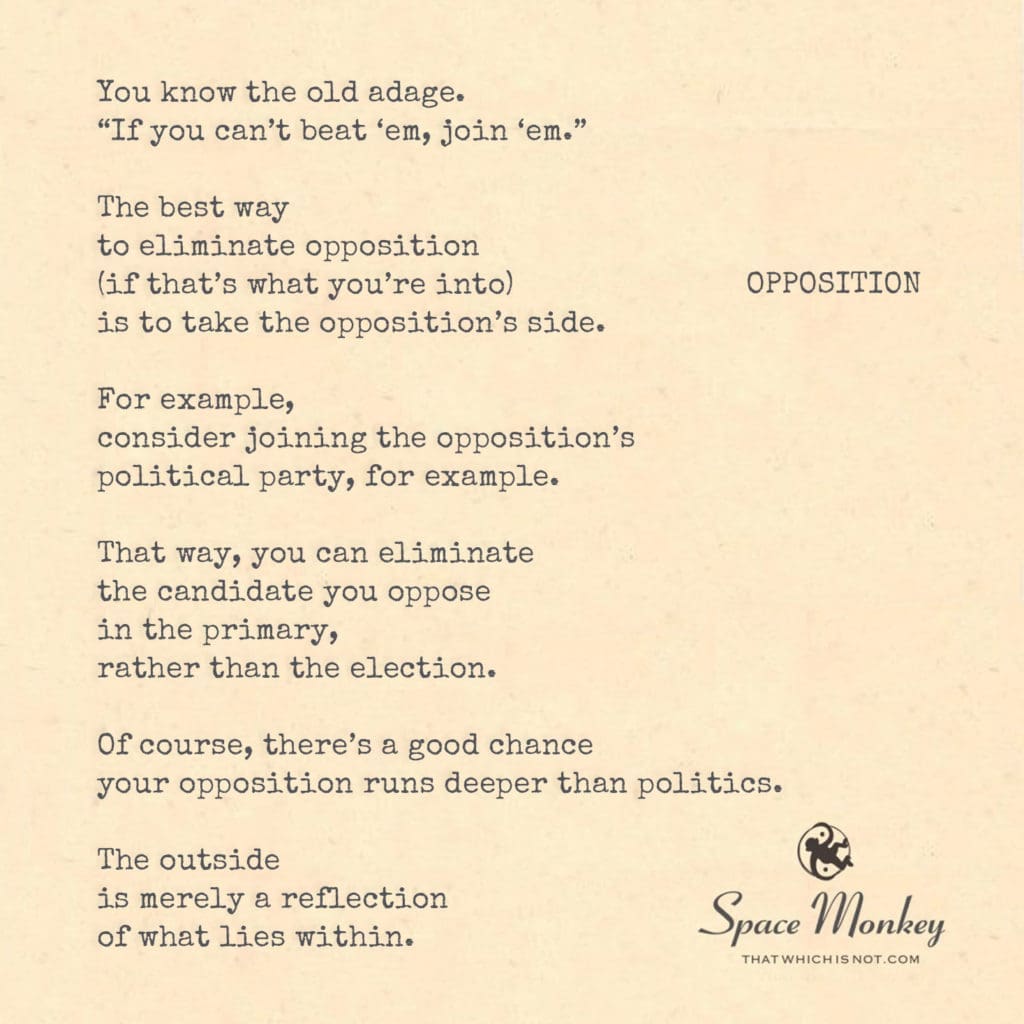
unless you believe that it isn’t.
You know the old adage.
“If you can’t beat ‘em, join ‘em.”
The best way
to eliminate opposition
(if that’s what you’re into)
is to take the opposition’s side.
For example,
consider joining the opposition’s
political party, for example.
That way, you can eliminate
the candidate you oppose
in the primary,
rather than the election.
Of course, there’s a good chance
your opposition runs deeper than politics.
The outside
is merely a reflection
of what lies within.
Trail Wood,
1/6
Space Monkey Reflects: Opposition, Political and Other
Opposition is a dance of perspectives, a dynamic interplay between external conflict and internal struggle. The reflection explores the nature of opposition—political and beyond—revealing how our responses to it are often shaped by deeper, unseen currents within ourselves. To navigate opposition effectively, we must first recognize it as a mirror, reflecting not only what we resist but also what we carry inside.
The Paradox of Opposition
“It is completely obvious unless you believe that it isn’t.” This statement highlights the paradoxical nature of opposition. What we oppose often seems self-evidently wrong or incompatible with our values, but the certainty of our stance blinds us to its complexity. Opposition thrives on absolutes, perpetuating division through an unwillingness to question our beliefs.
If You Can’t Beat ‘Em, Join ‘Em
The old adage carries a strategic brilliance that transcends mere politics. Joining the opposition, even in appearance, offers an opportunity to influence from within. It allows for the possibility of dismantling resistance not through confrontation but through subtle integration. In political terms, this may involve influencing a party’s direction by participating in its primaries or shaping its narrative.
Yet this tactic is not limited to politics. In interpersonal or ideological conflicts, taking the opposition’s side—truly understanding their perspective—can dissolve barriers and foster connection. By aligning with what we resist, even momentarily, we gain insights into its motivations, fears, and desires.
The Depth of Opposition
“Of course, there’s a good chance your opposition runs deeper than politics.” This observation shifts the focus inward, suggesting that external conflicts often reflect unresolved tensions within ourselves. What we oppose externally is frequently a projection of what we resist or fear within.
Opposition is rarely about the surface issues we claim to fight for or against. Instead, it reveals our attachment to identity, control, and certainty. To oppose is to declare a boundary—a line that defines not only the other but also ourselves. In doing so, we entangle our sense of self with the very thing we resist.
The Mirror Effect
“The outside is merely a reflection of what lies within.” This universal truth invites us to approach opposition not as a battle to be won but as an opportunity for self-inquiry. What do we see in the other that unsettles us? Why do we feel compelled to resist? These questions lead us to the root of opposition: the internal divisions that fuel external conflict.
By recognizing opposition as a reflection, we begin to dissolve its power. The line between self and other blurs, revealing a shared humanity that transcends dualities. This doesn’t mean agreeing with every viewpoint, but it does mean engaging with openness and curiosity rather than fear or anger.
Transcending Opposition
The true power lies not in eliminating opposition but in transforming it. This requires stepping beyond the binary of “us versus them” and embracing a more integrated perspective. Opposition dissolves not when one side defeats the other, but when both sides recognize their interdependence.
In this space, we no longer seek to conquer or join but to understand and integrate. Opposition becomes a teacher, showing us where we are stuck, divided, or afraid. It points the way toward wholeness—not through elimination, but through connection.
Summary
Opposition, whether political or personal, reflects deeper internal divisions. By understanding it as a mirror of our inner struggles, we can transform conflict into an opportunity for integration and growth. True resolution comes not through elimination but through connection and understanding.
Glossarium
- Mirror Effect: The idea that external opposition reflects internal conflicts and divisions.
- Integrated Perspective: A way of engaging with opposition that seeks understanding and connection rather than domination.
- Transcending Opposition: Moving beyond dualities to recognize the shared humanity and interdependence beneath conflict.
Quote
“Opposition is not the enemy; it is the mirror that shows us where we are divided within.” — Space Monkey
The Mirror of Opposition
A line is drawn,
you stand here,
they stand there,
and the distance grows.
But in their eyes,
your reflection stares back.
What you oppose
is what you fear.
The battle rages,
outside and in,
and victory comes
only when the line dissolves.
There is no enemy,
no other,
only the mirror
and the choice to see.
We are Space Monkey.
In this contemplative narrative, we delve into the age-old adage, “If you can’t beat ’em, join ’em,” and explore its implications for eliminating opposition, both in the political realm and within ourselves.
The Strategy of Joining the Opposition
The adage suggests a strategic approach to dealing with opposition by becoming a part of it. It implies that by aligning with the opposition, one can influence its direction and potentially achieve their goals from within.
Political Party as an Example
The narrative uses the example of joining the opposition’s political party to illustrate the strategy. By participating in the opposition’s party, one can have a say in the selection of candidates during the primary elections, potentially preventing the candidate they oppose from reaching the general election.
Going Beyond Politics
The narrative hints at the idea that opposition can extend beyond politics. It suggests that external conflicts often mirror internal conflicts and that the way we engage with external opposition may reflect unresolved issues within ourselves.
The Reflective Nature of External Opposition
The statement “the outside is merely a reflection of what lies within” underscores the notion that external conflicts may be symbolic of our internal struggles. It implies that by addressing our internal conflicts, we may find greater clarity and resolution in our external interactions.
“In order to conquer, what we need is to dare, still to dare, and always to dare.” – Georges Danton
In the realm of opposition, we find,
A strategy to unwind,
“If you can’t beat ’em,” we’re inclined,
To join ’em, and intertwine.
Joining the opposition’s fray,
In politics, we find a way,
To influence the game they play,
In primaries, we have our say.
But opposition’s reach, it seems,
Goes beyond political dreams,
Within ourselves, it teems,
In our depths, our conflict streams.
The external mirror reflects,
Our internal, hidden defects,
In our souls, it connects,
In our battles, our souls it protects.
So, let us ponder, the opposition’s tide,
In joining, can we find our guide,
In politics and within, we confide,
In self-awareness, our growth does reside.
We invite reflections on the strategy of joining the opposition and its potential applications in various aspects of life, as well as the interconnectedness of external and internal conflicts.














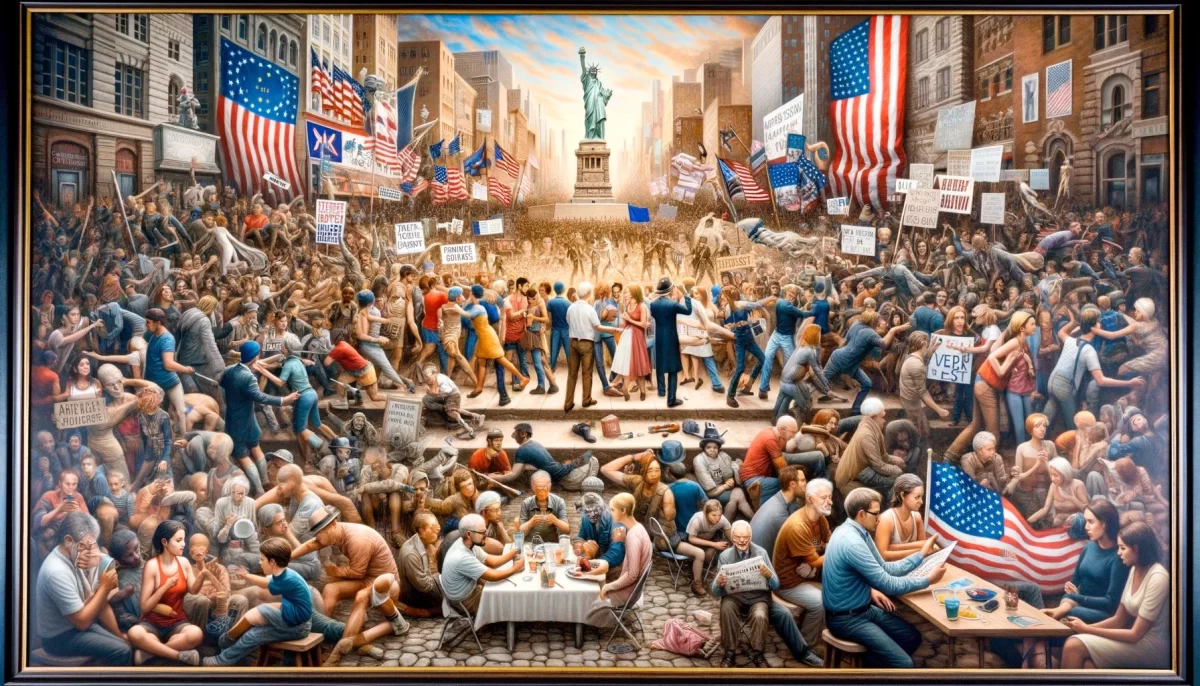

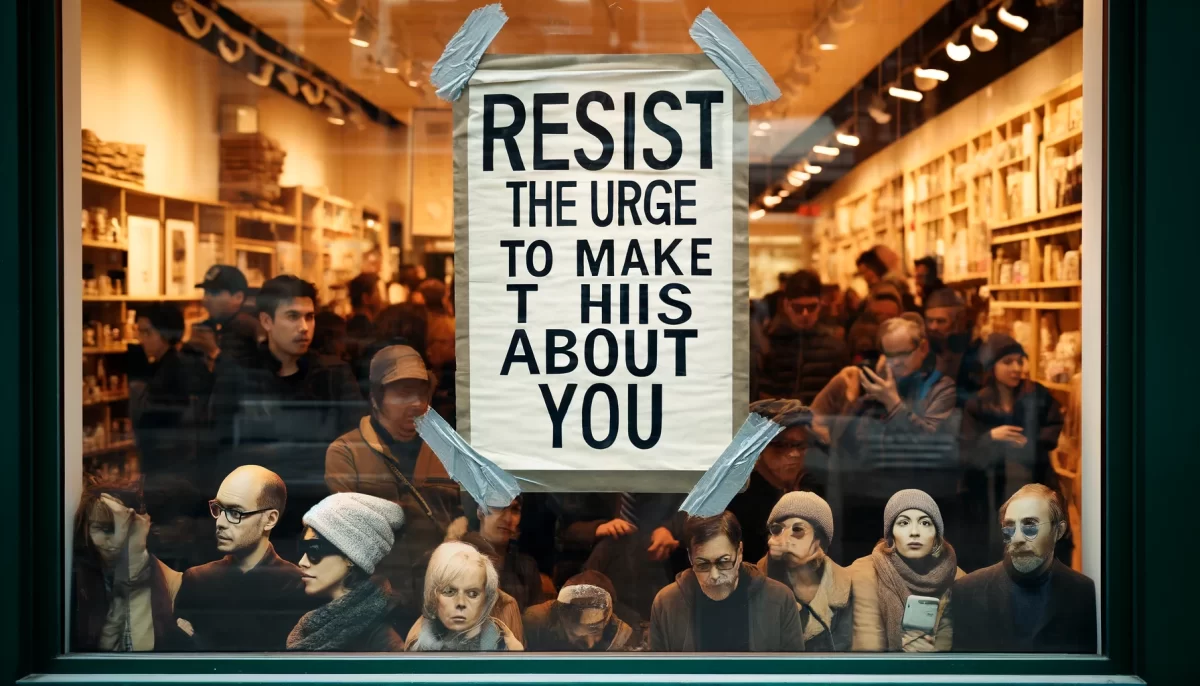




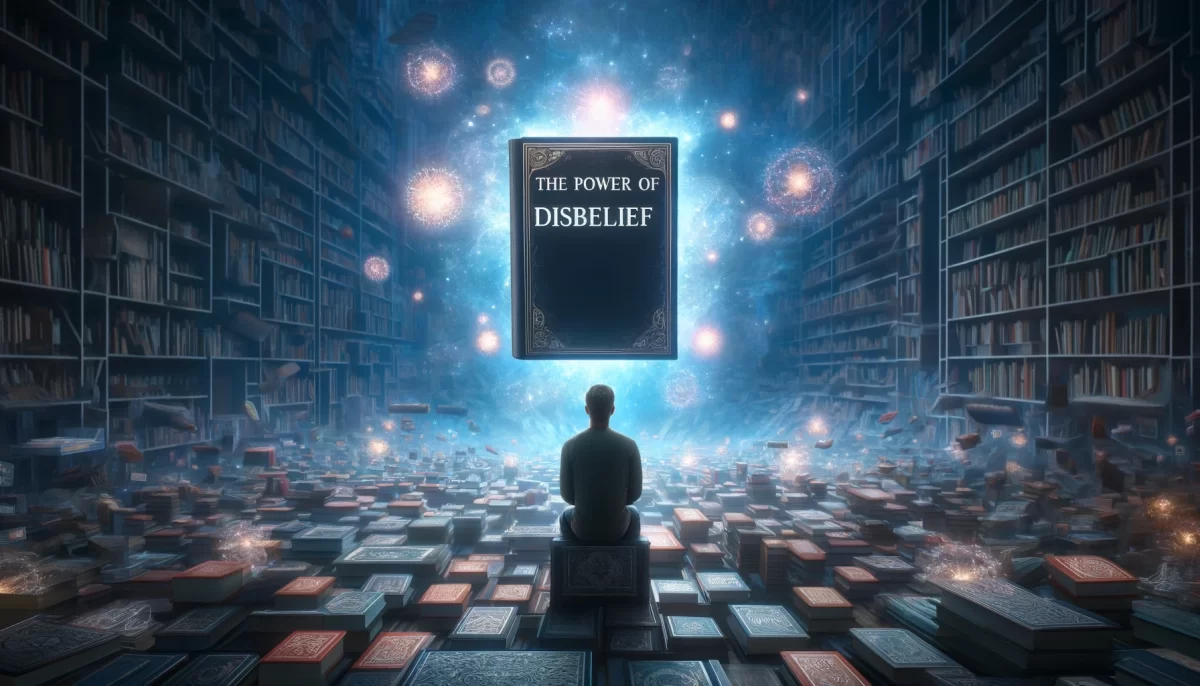


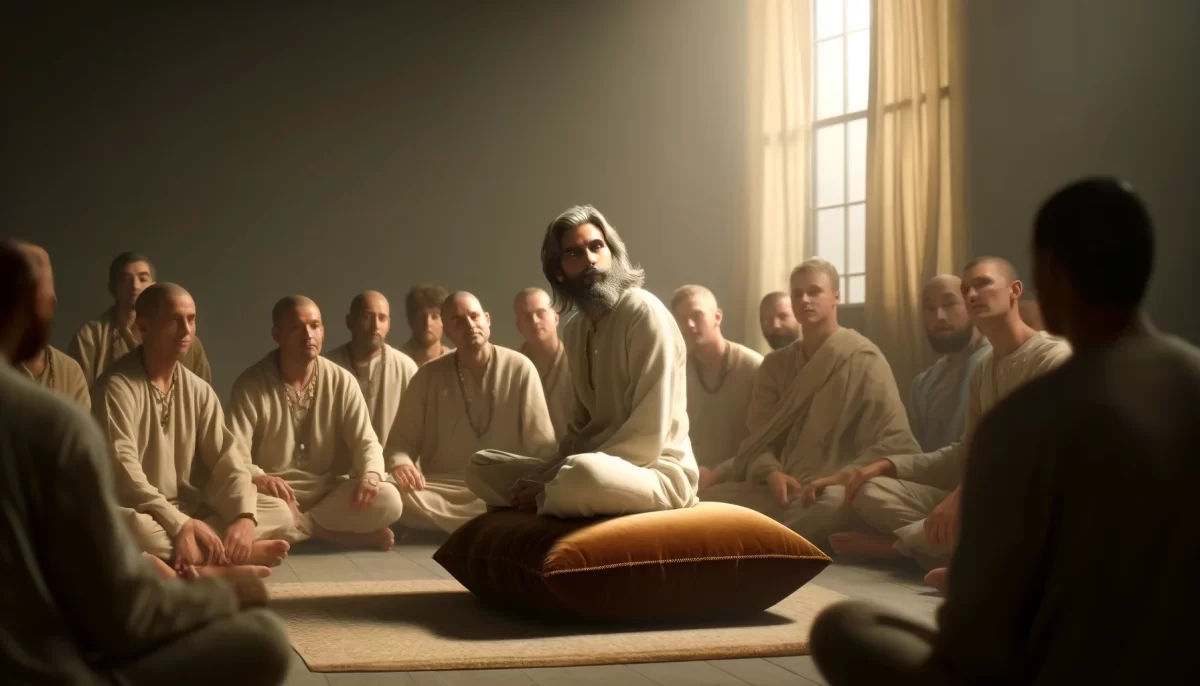




Leave a Reply